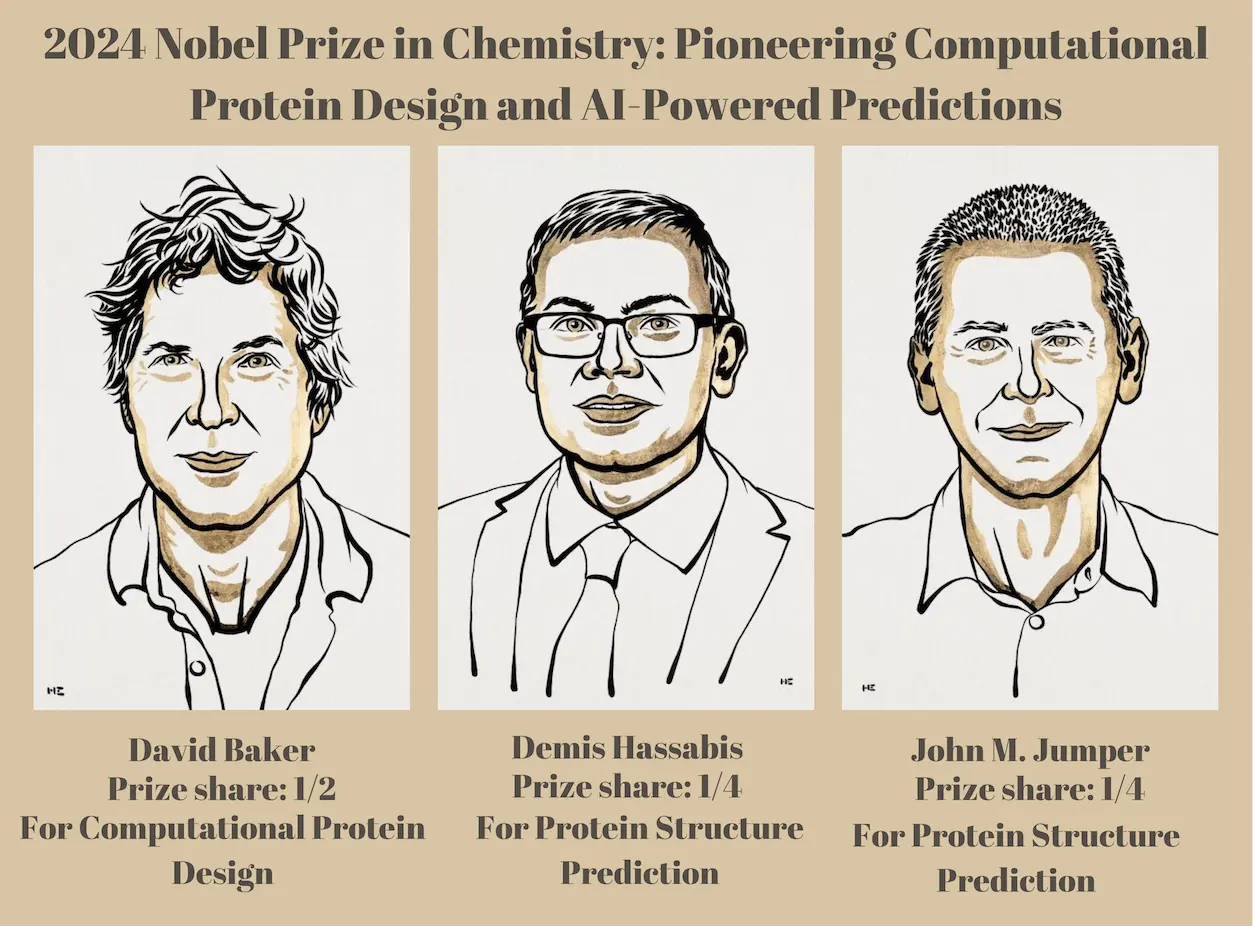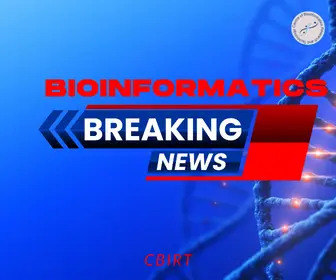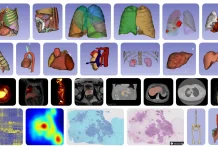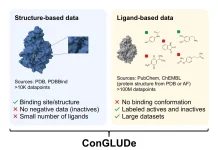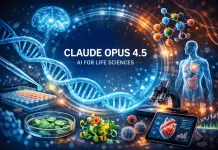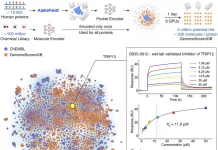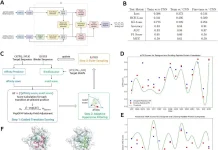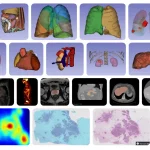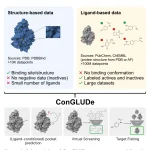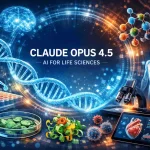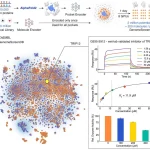In a groundbreaking announcement that has sent ripples through the scientific community, the Royal Swedish Academy of Sciences has awarded the 2024 Nobel Prize in Chemistry to three visionaries who have revolutionized our understanding and manipulation of proteins – the fundamental building blocks of life.
The Laureates: Architects of Protein Innovation
- David Baker: Awarded half the prize “for computational protein design.”
- Demis Hassabis and John M. Jumper: Jointly awarded the other half “for protein structure prediction.”
These innovators haven’t just expanded the limits of chemical knowledge; they’ve blown them apart, unlocking a new area in biotechnology that’s set to change medicine, materials science, and our fundamental understanding of life.
David Baker: The Protein Architect
Imagine being able to build entirely new kinds of proteins – molecules that have never existed in nature. This is what David Baker has done, an achievement once thought to be pure fantasy. Since his breakthrough in 2003, Baker has been at the forefront of protein design, creating:
- Novel pharmaceuticals
- Cutting-edge vaccines
- Advanced Nanomaterials
- Microscopic sensors
Baker’s work is akin to giving humanity a new set of LEGO blocks – but instead of plastic toys, we’re now able to construct the very building blocks of life itself.
Hassabis and Jumper: The AI Protein Predictors
While Baker was busy designing new proteins, Demis Hassabis and John M. Jumper were tackling a problem that had stumped scientists for half a century: predicting how proteins fold into their complex three-dimensional structures.
In 2020, they unveiled AlphaFold2, an AI model that can predict the structure of virtually any protein. This isn’t just a scientific curiosity – it’s a tool that’s already being used by millions of researchers worldwide to:
- Understand antibiotic resistance
- Develop new drugs
- Explore ways to break down plastics
- Unlock the mysteries of countless biological processes
The Impact: A New Era in Science and Medicine
The work of these laureates is more than just academic – it’s the foundation of a revolution in biotechnology. By understanding and manipulating proteins, we gain unprecedented control over the most fundamental processes of life.
Imagine:
- Designing proteins that can seek out and destroy cancer cells
- Creating enzymes that can efficiently break down environmental pollutants
- Developing new materials with properties we’ve never seen before
The possibilities are as vast as they are exciting.
Looking Ahead: The Protein-Powered Future
As we stand on the brink of this new era, it’s clear that the 2024 Nobel Prize in Chemistry marks a turning point in human history. We’re no longer just observers of the natural world – we’re becoming active participants in shaping the molecules that make life possible.
The discoveries of Baker, Hassabis, and Jumper show us that when human creativity meets computer power and biological knowledge, we gain access to some of nature’s deepest mysteries.
Looking ahead, we can be sure of one thing: the protein revolution has just started, and it will leave its mark on future generations.
Article Source: Reference Article
Follow Us!
Learn More:
Dr. Tamanna Anwar is a Scientist and Co-founder of the Centre of Bioinformatics Research and Technology (CBIRT). She is a passionate bioinformatics scientist and a visionary entrepreneur. Dr. Tamanna has worked as a Young Scientist at Jawaharlal Nehru University, New Delhi. She has also worked as a Postdoctoral Fellow at the University of Saskatchewan, Canada. She has several scientific research publications in high-impact research journals. Her latest endeavor is the development of a platform that acts as a one-stop solution for all bioinformatics related information as well as developing a bioinformatics news portal to report cutting-edge bioinformatics breakthroughs.
- Dr. Tamanna Anwar
- Dr. Tamanna Anwar
- Dr. Tamanna Anwar
- Dr. Tamanna Anwar
- Dr. Tamanna Anwar
- Dr. Tamanna Anwar
- Dr. Tamanna Anwar
- Dr. Tamanna Anwar
- Dr. Tamanna Anwar
- Dr. Tamanna Anwar
- Dr. Tamanna Anwar
- Dr. Tamanna Anwar
- Dr. Tamanna Anwar
- Dr. Tamanna Anwar
- Dr. Tamanna Anwar
- Dr. Tamanna Anwar
- Dr. Tamanna Anwar
- Dr. Tamanna Anwar
- Dr. Tamanna Anwar
- Dr. Tamanna Anwar
- Dr. Tamanna Anwar
- Dr. Tamanna Anwar
- Dr. Tamanna Anwar
- Dr. Tamanna Anwar
- Dr. Tamanna Anwar
- Dr. Tamanna Anwar
- Dr. Tamanna Anwar
- Dr. Tamanna Anwar
- Dr. Tamanna Anwar
- Dr. Tamanna Anwar
- Dr. Tamanna Anwar
- Dr. Tamanna Anwar
- Dr. Tamanna Anwar
- Dr. Tamanna Anwar
- Dr. Tamanna Anwar
- Dr. Tamanna Anwar
- Dr. Tamanna Anwar
- Dr. Tamanna Anwar
- Dr. Tamanna Anwar
- Dr. Tamanna Anwar
- Dr. Tamanna Anwar
- Dr. Tamanna Anwar

